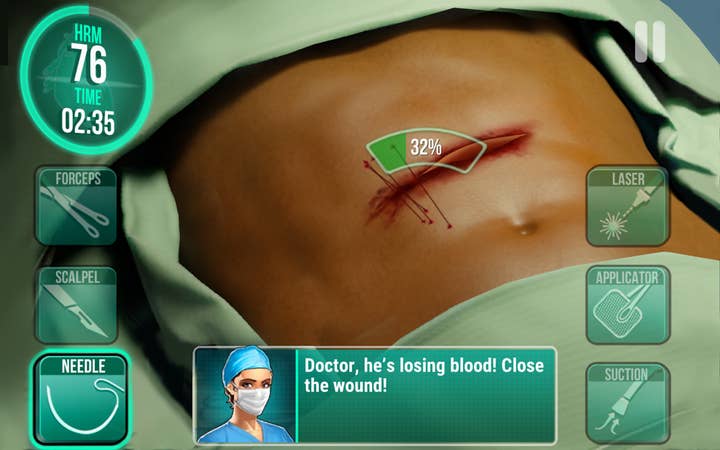"Stop thinking of yourself as a game producer. Think of yourself as a butler"
Spil Games' CEO Tung Nguyen-Khac shares advice on lengthening the life of your mobile title through live ops
Games have long since evolved far beyond standalone products, particularly on mobile. Now they are platforms for months (or even years) worth of content, and hubs for avid communities.
Keeping those communities on board requires more than just the occasional expansion or a few new characters. Instead, mobile firms need to master the still-developing art of live operations, orchestrating in-game events and challenges as well as reacting to players' feedback and requests as fast as practically possible.
While many mobile studios have grown to be more than proficient at running live ops, Spil Games' CEO Tung Nguyen-Khac says the biggest challenge for new studios is "the shift in mindset for those involved."

"Live ops is about constantly tweaking and evolving a game so that it offers the best possible experience for the player over the longest possible period of time," he tells GamesIndustry.biz.
"Stop thinking of yourself as a game producer and think of yourself as a butler. Think of your players as a family in a big country house. It's your job to anticipate their every whim, to understand what makes them happy, and to provide that service before they even realised they needed it.
"Being a butler isn't a one-time thing. You're thinking about your clients and how to improve their lives 24 hours a day. That's a good analogy for how live ops should work for a modern game."
Developers also need to experiment with their strategies as a metaphorical butler. Just as no family would require the same service of their besuited assistant, there is no one-size-fits-all approach to engaging with players to keep them interested in your various titles.
"Being a butler isn't a one-time thing. You're thinking about your clients and how to improve their lives 24 hours a day"
"The only thing that is one-size-fits-all is the philosophy to be serving players in the best way possible," says Nguyen-Khac. "After that, every game is a unique challenge: the target audience may be different, the game mechanic changes. Most important, the element of a game that is critical to its success will tend to be different from one game to another.
"For instance, Operate Now: Hospital is about managing a hospital, as well as completing surgeries. We want to fuel a player's aspiration as a doctor and keep them engaged with progression. Mahjong Crimes is about adding levels, solving cases, and stories driving a feeling of skill and relaxation.
"So, it's beneficial to stay true to the playing styles of each genre with their own unique live ops strategy."

A major challenge when forming your live ops team, of course, is that it's still a relatively new discipline. You won't find applicants with decades of experience, nor is there an abundance of established training courses out there. Indeed, even the best practices are hard to define - partly because, as mentioned, there is no one-size-fits-all approach but also because the mobile market is changing constantly.
Nguyen-Khac says that, at a fundamental level, live ops teams need games experience - "particularly an understanding of how people play games" - but urges that data management skills are essential. These enable you to build out scenarios around different planned events and anticipate player behaviour, which is crucial to ensuring your live ops are a success.
Slowly but surely, more individuals are becoming talented with handling live operations, but Spil Games still believes in a mixture of bringing in experienced operators and training up its own staff. Regardless of where the skills are sourced from, Nguyen-Khac is adamant that live ops must not be outsourced.
"We very much believe live ops must be in-house," he says. "It's more than a set of tools. It involves pulling in information from lots of different sources and having a profound understanding of how people play our games. The user and their experience playing the game must be at the centre of everything. You need to structure your live ops organisation around that.
"At Spil Games, the live ops people sit next to the customer support guys and that makes it natural and intuitive to share data on how players are experiencing a game. We also receive insights from our data analysts, our social media team and our game producers. This is often part of a formal process, but we also get a lot of insight when we're chatting in the coffee bar or over lunch. We're still a small enough company that communication happens quickly and instinctively.
"Integrating live ops into the main game-producing teams means we have a much more detailed and sophisticated view of how players are responding to a game. It makes live ops more efficient and effective. We're faster at responding, and our judgements about changes to a game tend to be deeper and more accurate. That means players enjoy our games more and for longer. And that's good for business."








